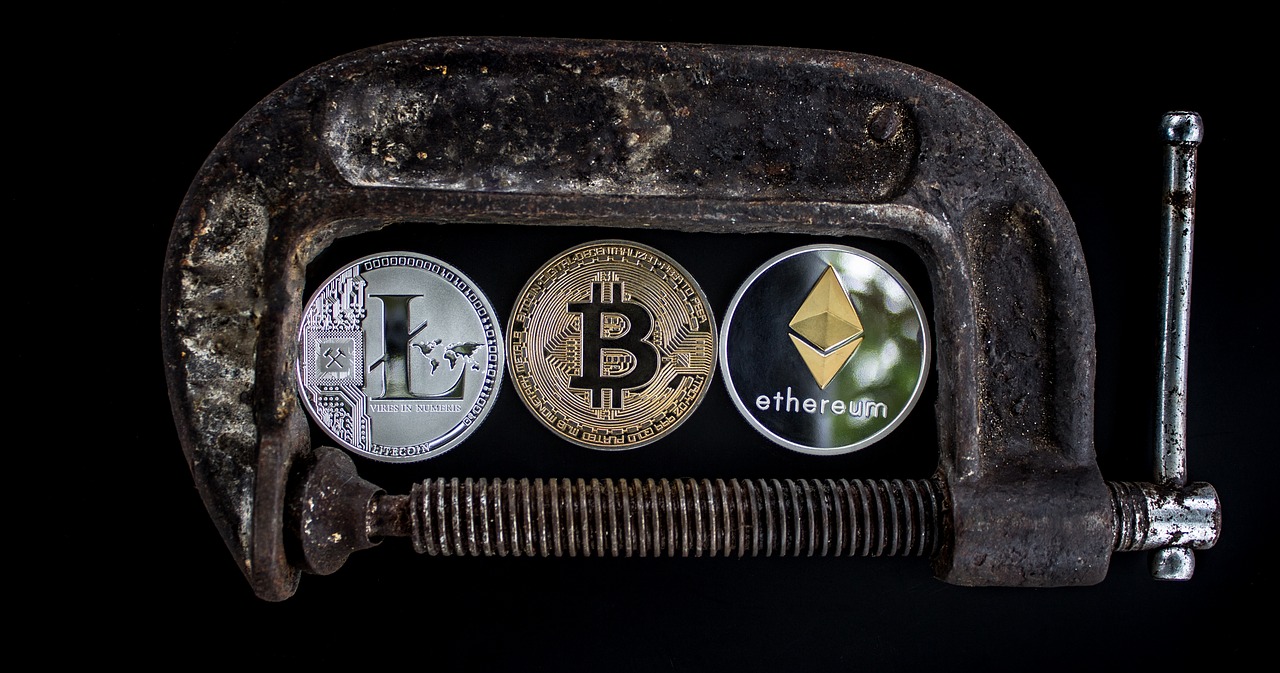Bitcoin is becoming more and more popular as a form of payment. And with it comes scammers looking to get rich quickly off the backs of those who don’t know better. According to the FTC, reports of scams have skyrocketed since October 2020, with almost 7,000 people reporting losing over $80 million on these Bitcoin scams. They are everywhere, so how do you avoid them? Read on for some helpful tips.
Fake Bitcoin Exchanges
One of the most common Bitcoin scams is a fake exchange. Scammers often set up these with similar names to prominent exchanges like Coinbase and Gemini, but they look different or provide an incorrect phone number on their website. They will offer you ridiculously high-interest rates for your money – typically around 200% per month. Their goal is to get you to invest, and then once they have your money, they disappear along with it.
Social Media Scams
On social media sites like Facebook and Twitter, some scammers will pose as legitimate businesses or people. They might offer free giveaways or a chance to win big prizes, and they ask for personal information in exchange, like your Bitcoin address. Once you provide your details, the scammer then takes your Bitcoin, and you’ll be left with nothing.
Phishing Scams
In this type of scam, a phisher will create a fake website or email that looks legitimate. The scammer might have an address like bitcoin-address.com to make it seem trustworthy, and they’ll request some basic information from you in exchange for free Bitcoin – typically your Bitcoin wallet ID and password (or any other sensitive data). While you might think it’s legitimate, it’s a scammer trying to steal your Bitcoin.
How to Avoid Scams
There are a couple of things to keep in mind if you’re trying to avoid scams. First of all, be wary of any website that asks for your Bitcoin address or account ID to give you free Bitcoin.
If you’re not sure that the website or email you received is legitimate, contact the company directly using their official address and see if they sent it out. It may also be worth contacting them via phone just in case there have been any recent phishing attempts that are still ongoing – this way, you can ensure that everything is safe now and won’t become compromised later on down the line.
You should also always use two-factor authentication with your account by generating one-time passwords for login access when possible, as well as making regular backups of all critical data stored online. This will protect against unauthorized changes being made to accounts without consent and provide an easy solution for restoring lost data should it be necessary to do so.
Conclusion
At this point, you’re probably pretty well educated on Bitcoin scams, thanks to the tips above, but that doesn’t necessarily mean they’ll stop happening altogether. New scams will always pop up regarding Bitcoin, but if you follow the steps above, you should be able to avoid them and keep your Bitcoin account safe from hackers and thieves alike.



